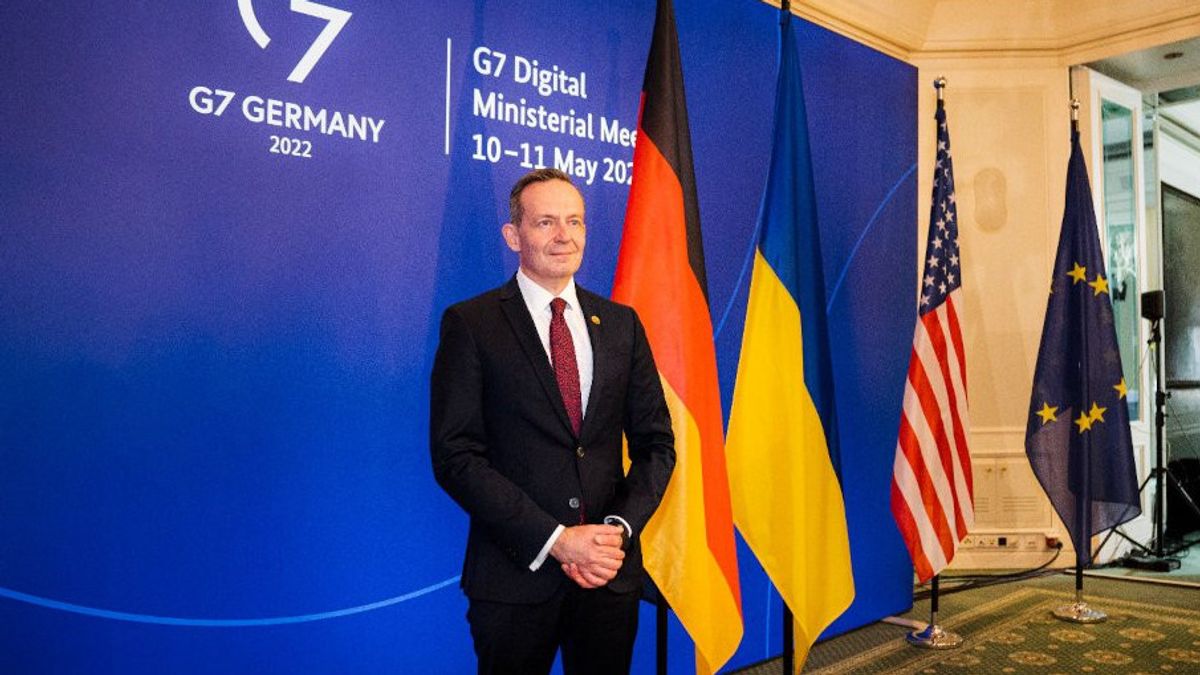JAKARTA - The German government approved a plan on Wednesday 19 October to spend 6.3 billion euros over three years to quickly increase the number of charging stations for electric vehicles across the country. This is part of its government's push towards net zero emissions.
The plan expects a 14-fold increase in the number of charging stations, up to 1 million by 2030 from around 70,000 today. The program will focus on developing the German government in local municipalities that currently lack electricity supply.
They also target to have 15 million electric vehicles on German roads by 2030 out of about 1.5 million today. Other measures in the government's plans include accelerating state approval to build charging station points.
"Our goal is to accelerate the expansion of charging infrastructure, simplify charging processes and thus make it easier for people to switch," Federal Transport Secretary Volker Wissing said in a statement.
"We know that electromobility is increasing rapidly, so we have to be fast," he added.
According to Wissing, Germany expects exponential growth in the electric vehicle market and the government wants to make it more attractive to buyers to switch to the car, once the cabinet approves the plan.
"There must be positive experiences related to that," he said.
Germany is central to makers of battery-electric vehicles including Volkswagen and Tesla, which own factories on the outskirts of the capital.
The push for electric vehicles has emerged against the backdrop of soaring electricity prices, due to an energy crisis triggered by Russia's invasion of Ukraine.
To address this, the German government plans to limit electricity prices, and Wissing said the energy crisis should not thwart long-term climate goals.
Plans for electric vehicles have received mixed reactions from industry associations, who have long complained that the government is not following the rapid development of electric vehicles.
The German Automotive Industry Association (VDA) said it was an important step and the speed with which proposals are now key. BDEW's energy and water business association said the proposal would lead to more state planning and controls, calling it an expensive window cover.
The English, Chinese, Japanese, Arabic, and French versions are automatically generated by the AI. So there may still be inaccuracies in translating, please always see Indonesian as our main language. (system supported by DigitalSiber.id)









